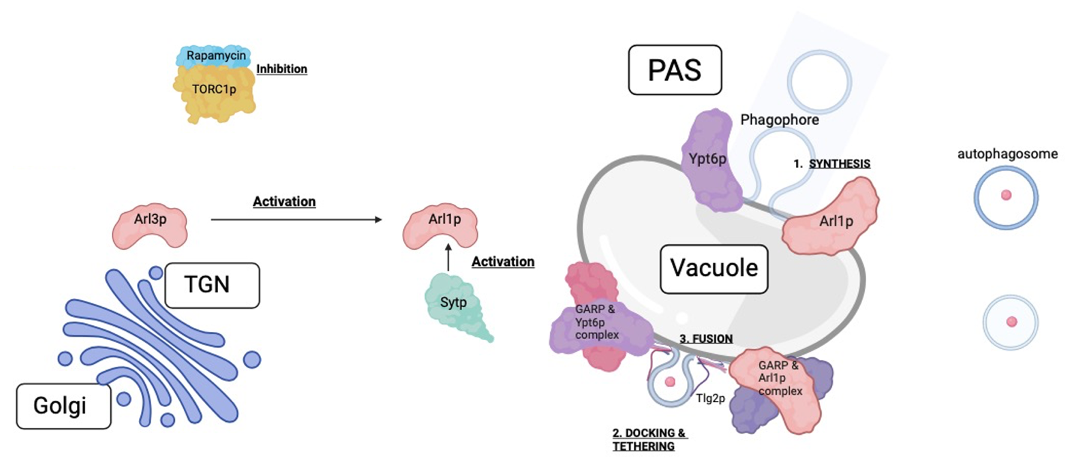An Investigation of Potential Acetic Acid Sensitivity in Ltv1-Δ S. cerevisiae
Abstract
This study investigated the effects of acetic acid on wild-type (WT-a) and ltv1-Δ Saccharomyces cerevisiae. We hypothesized that the ltv1-Δ strain, with defects in ribosomal biosynthesis and increased translational errors, would be more sensitive to acetic acid compared to WT-a. Both strains were exposed to different concentrations of acetic acid (0.3, 0.6, and 1.2 g/L), and cell density and the nuclear to the cytoplasmic (NC) ratio were measured with fluorescence microscopy. Results revealed that ltv1-Δ exhibited increased resistance to acetic acid, as evidenced by decreased fluctuations in cell counts in different acetic acid treatments compared to WT-a. However, ltv1-Δ cells were found to be more prone to apoptosis and have a higher NC ratio than WT-a cells when exposed to certain concentrations of acetic acid. These results suggest that the induction of apoptosis by acetic acid is not dose-dependent but more efficient in the ltv1-Δ strain. This implies that ltv1-Δ cells may have increased resistance to acetic acid due to the mistranslation of proteins required for acetic acid stress sensitivity. This study has implications for the biotechnology industry and may aid in the development of new strategies to enhance yeast fermentation processes.
Downloads
Published
Issue
Section
License
Copyright (c) 2024 Amir Alimadad, Eva Bhathena, Tambre Fu, Josh Li, Ali Otadi

This work is licensed under a Creative Commons Attribution-NonCommercial 4.0 International License.



